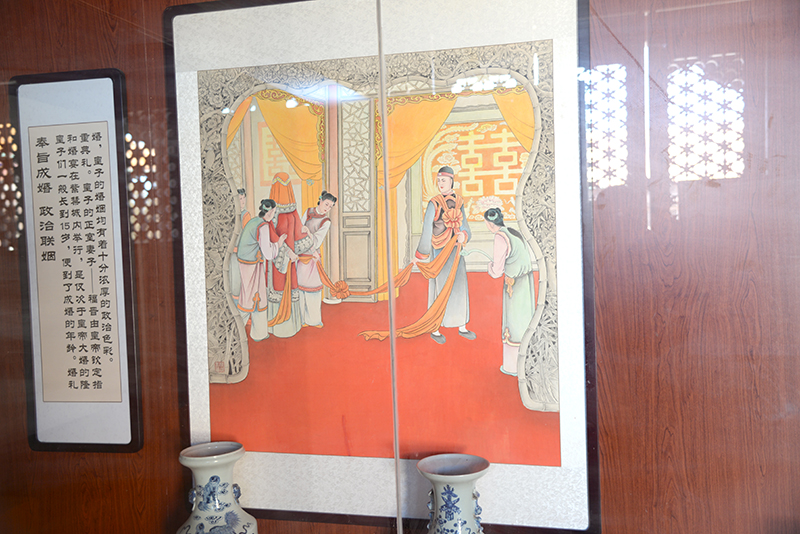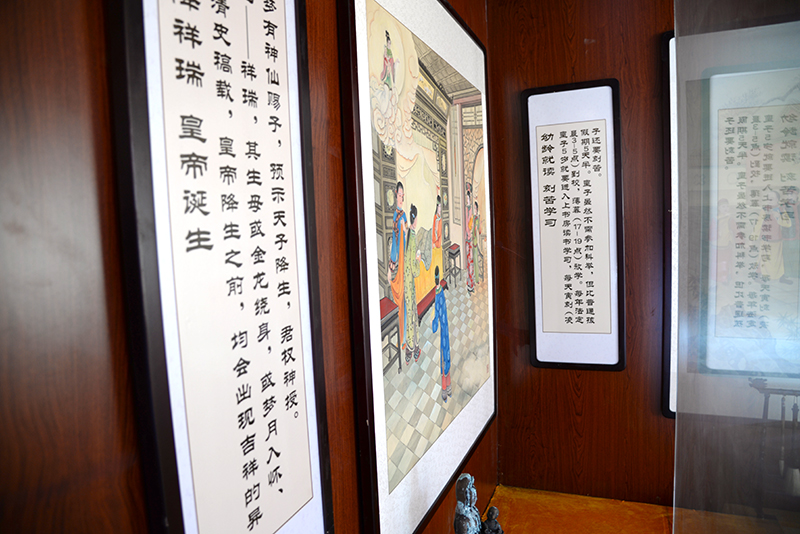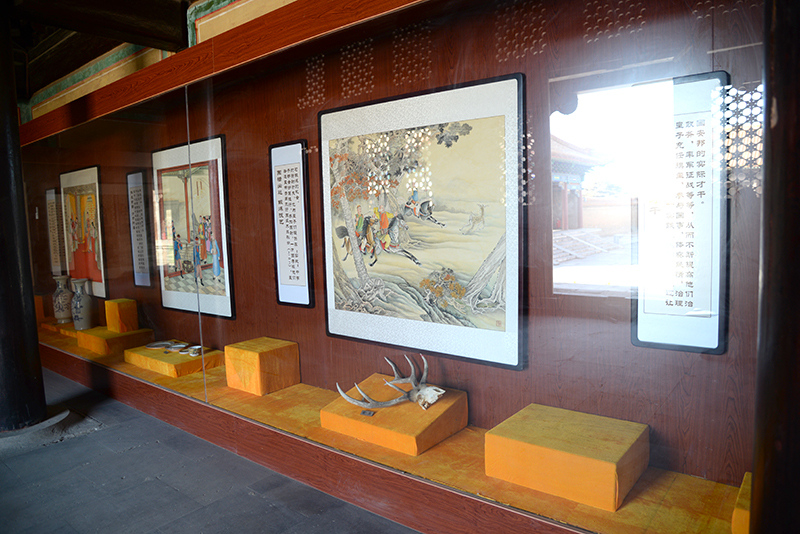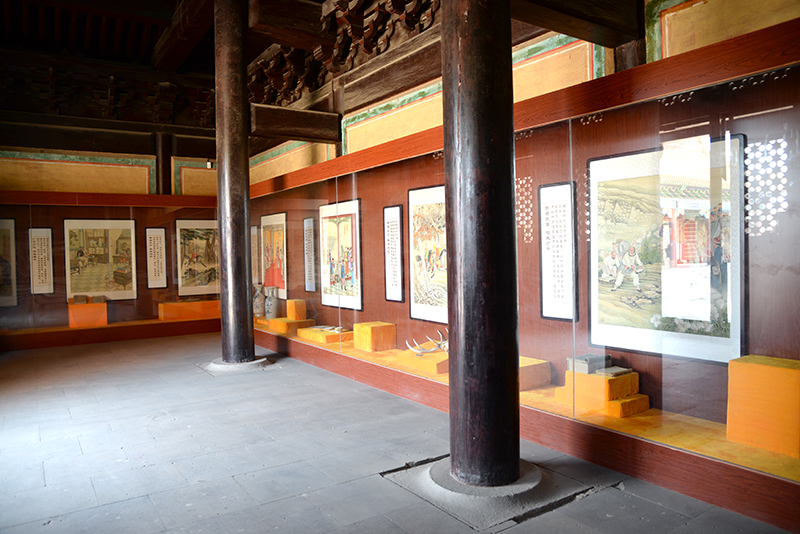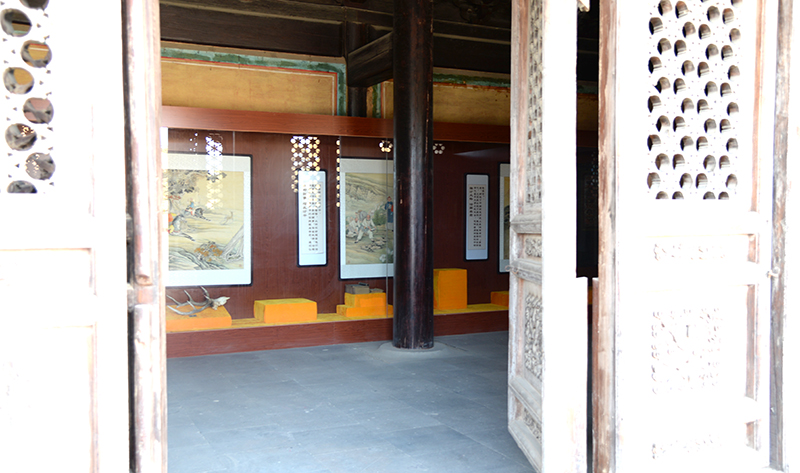
The emperor was a special class in the feudal dynasty and shouldered the heavy responsibility of continuing the royal blood and inheritance. The Qing Dynasty experienced the twelve emperors. Except for Tongzhi, Guangxu and Xuantong, there were no children. The other nine emperors had a total of 113 emperors. In order to cultivate the heirs of the throne who can reconcile the country and consolidate the dominance of the Aixinjue family, the emperor of the Qing Dynasty, commonly known as the elder brother, was wrapped up in a ceremonial manner from a birth, losing the affection and freedom of ordinary people. The system is strictly educational. It is this almost strict education system that has created many Qing Dynasty Ming Dynasty monarchs and assistant ministers. A considerable number of princes have a high degree of accomplishment in calligraphy, painting, poetry, astronomy, writing, etc., which laid a solid foundation for talent governance for the rule and development of the Qing Dynasty.
Exhibition location: Muling West Hall
